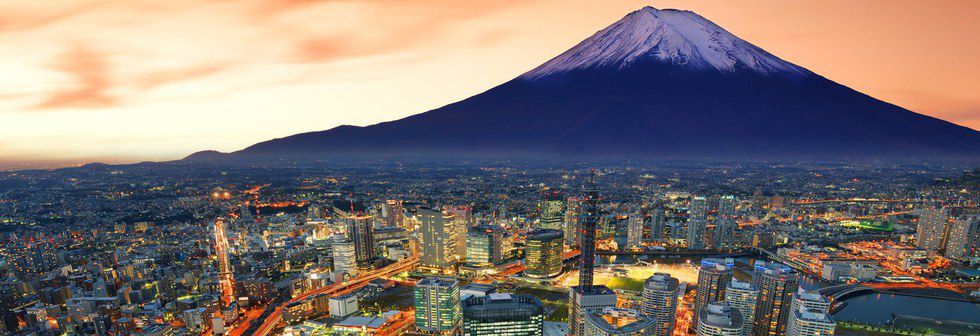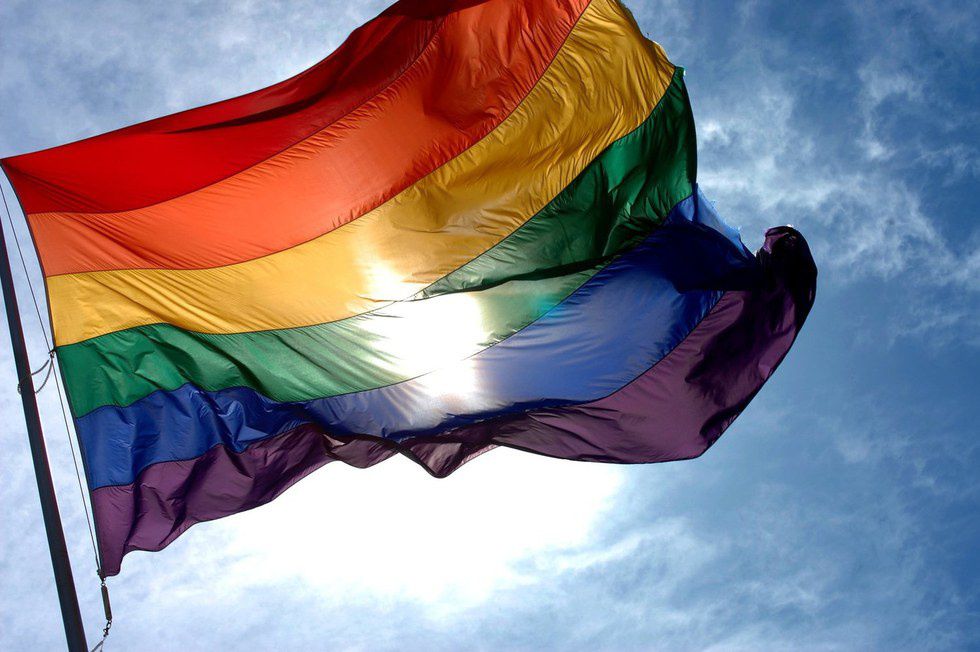Japan. The land of the rising sun. A highly developed economic power with thousands of years of history. And also a place where 25,000 people commit suicide per year (2014). Why is a strong country like Japan losing so many people to death by their own hands?
Beliefs on Suicide
First of all, beliefs about suicide are different in Japan and Western culture. In Japan, suicide was considered an honorable way of taking responsibility for ones actions. This belief goes all the way back to the feudal ages. A samurai disgraced in battle would commit seppuku, a ritual where one slices open his own stomach in an act of honor, to uphold the reputation of his family’s name. Even more recently in World War II, kamikaze pilots gave their lives in the name of their country and emperor. For the Japanese, committing suicide is not an evil act. It is considered more as a last resort way of taking responsibility.
On the other hand, in Western culture committing suicide is seen as a sin against God, a waste of the gift of life bestowed upon us. Although suicide is an avoid-if-possible action in both Japan and America, it is considered much more negatively in the latter country.
Social Pressure
However, the difference in belief is not the only reason for the high Japanese suicide rate.
Another overwhelming factor is social pressure. In Japan, to conform is to be safe; to be different is to risk the aversion of many people around you. The consequences of stepping out of line are hammered into you at an early age through teasing, bullying and fairly conservative parenting. Therefore, many Japanese people weigh personal benefit against social expectations and realize that social expectations seem to be more important.
The Japanese try to ignore "inconvenient" differences in an attempt to be seen as normal. This is one of the biggest reasons why the LGBTQ community and mental health resources are still small areas today. Due to the lack of awareness and apparent demand, there are few clinical therapists or psychiatrists in the country, and counseling is quite rare. People identifying as part of the LGBTQ community or those with mental diseases have little choice but to suppress it and try to act as “normal” as possible. Being different is a burden one needs to hide in order to assimilate within the society. This feeling of being alone and suppressed contributes heavily to the higher suicide rate in Japan.
In contrast, Americans enjoy a freedom to be whoever one wants to be. Especially in recent years, the LGBTQ community is a massive movement that is fighting for acceptance and rights all across the nation. Although there are areas where battles are still being fought, identifying as LGBTQ is generally accepted in most places. Diagnosing mental diseases are a developed area of study, with easily accessible counseling and medicine. Being different has much less of a stigma in America, to the benefit of many children, teens and adults with distinctive individualities.
In Japan, there are several reasons why one might contemplate suicide. A student rejected from college might lose hope in the future, dreading not just the lack of preferred education but also the heavy disappointment and disapproval from surrounding people. A young adult living alone and looking for a job might find no opportunities and give up. An elder rejected and ignored, might view suicide as the most practical way to end things, rather than continue living in dejected conditions. However, this is not the way things should be. Japan needs to focus on improving conditions for the elderly and young alike, through increased programs focusing on addressing mental conditions and counseling. Instead of being hammered down, the different should be given opportunities to grow and flourish. We need to change how we raise and educate our children to make Japan a safe, secure home for everybody.










 mr and mrs potato head
StableDiffusion
mr and mrs potato head
StableDiffusion










